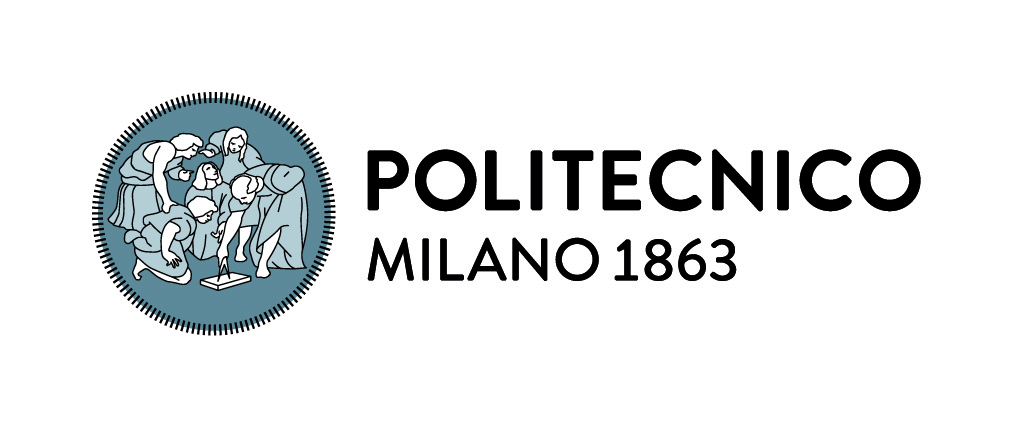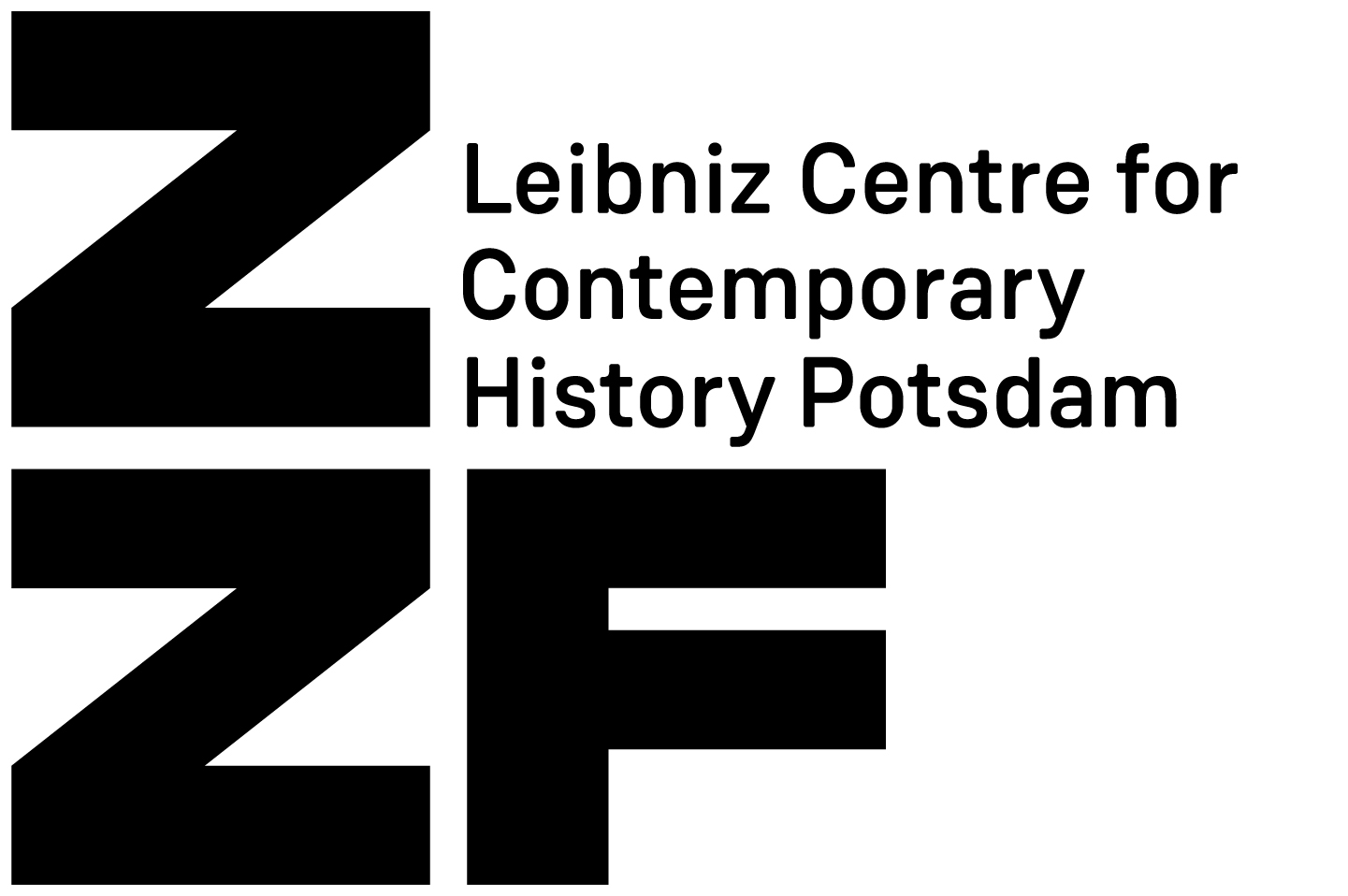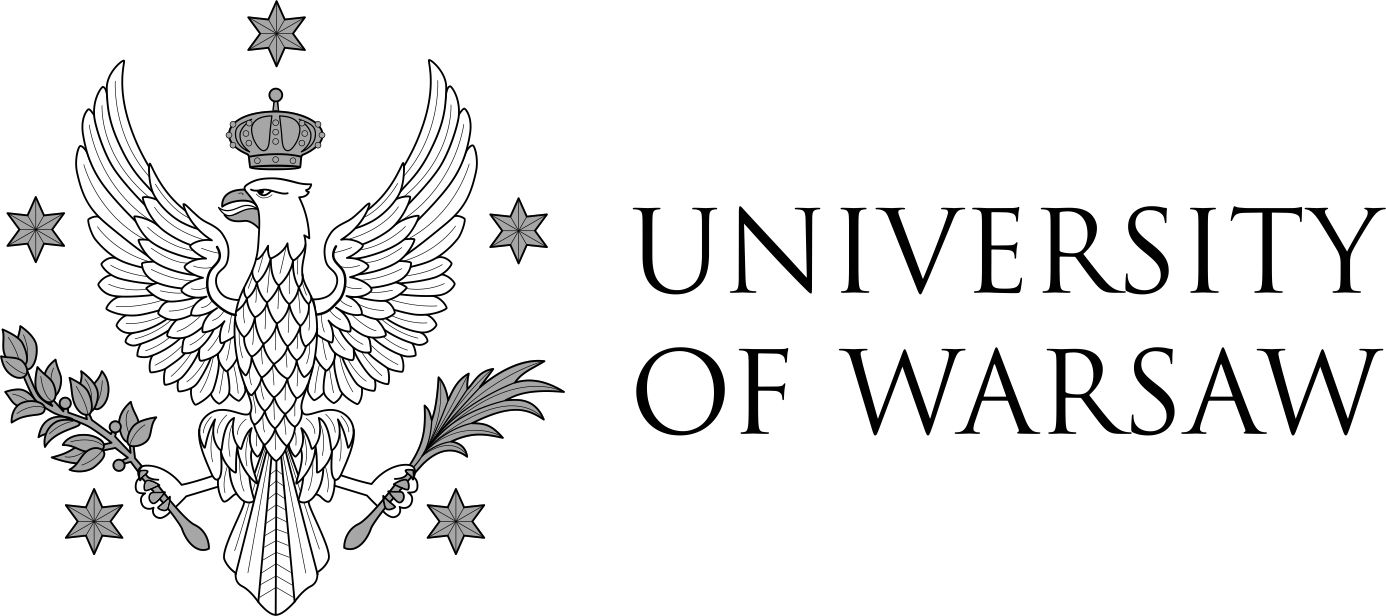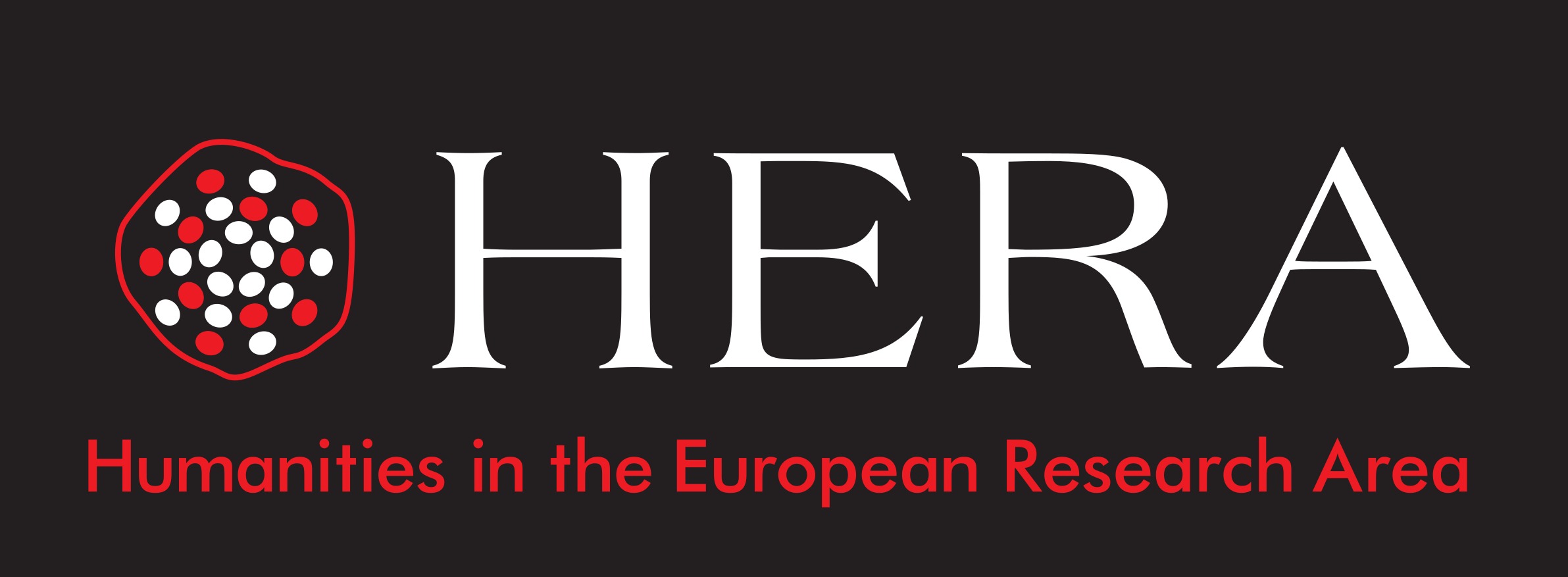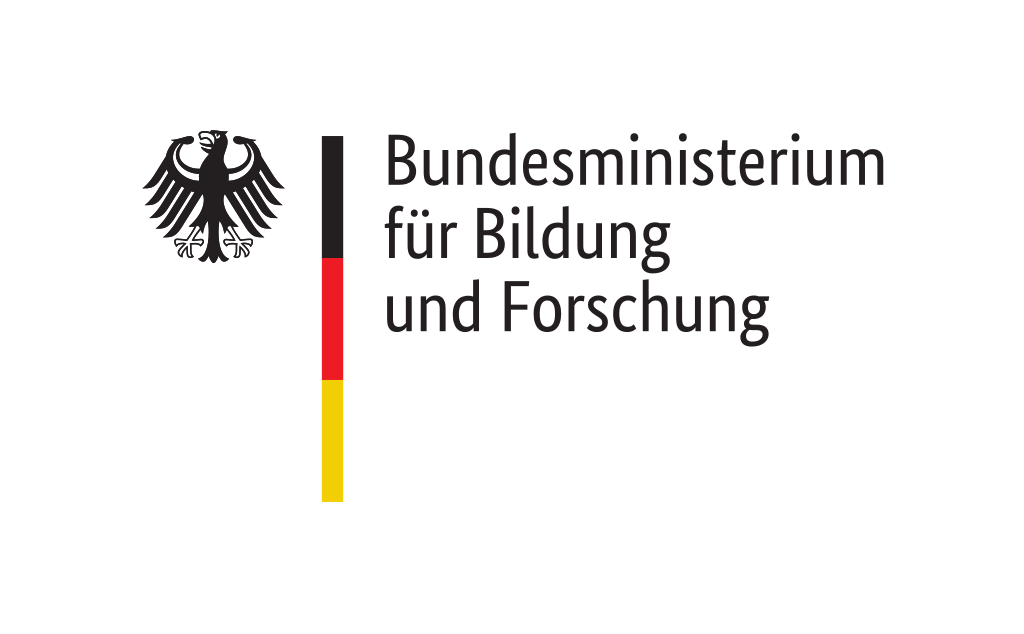News & Events
Shared Spaces, Contentious Places?
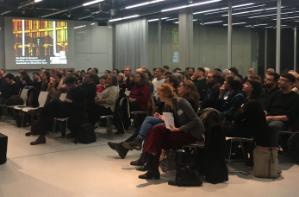
- Venue: Heinrich-Böll-Stiftung, Berlin / Potsdam
- Start: Wed, 11 Dec 2019 12:00:00 GMT
- End: Wed, 11 Dec 2019 21:30:00 GMT
(Re-)Negotiating Belonging in Urban Spaces and Museums
This event was organized by the collaborative research project en/counter/points funded under the HERA programme in cooperation with Shared Spaces – European Dialogues about Public Spaces, a project of the Heinrich Böll Foundation.
The workshop focused on the multifaceted connections and relationships between public spaces, built heritage, memory and belonging by referring to a variety of examples from Europe. The first part of the workshop brought together the en/counter/points research teams, which were each contributing presentations of their research scopes, methods and aims with view to the general question of the (re-)negotiation of belonging in public space and in respect to the more specific horizontal research theme “Recalling space and place”.
Susannah Eckersley from Newcastle University started with a presentation on contested notions of belonging in museums and memory cultures in Britain. The talk, which introduced general thoughts on how to determine concepts of belonging in public space, was followed by presentations from Grażyna Szymańska-Matusiewicz and Malgorzata Glowascka from the University of Warsaw. Researching migrant communities in Warsaw (Ukrainians and Vietnamese) from a sociologist point of view, they outlined changing structures and strategies of social inclusion and exclusion in the realms of religion and economy responding to the challenges of immigration and gentrification. Francesca Gotti from the Department of Architecture and Urban Studies at Politecnico di Milano then presented a talk on the crucial role of design as a process supporting the re-appropriation of shared spaces in European metropolis and as the material common ground to promote inclusion and belonging. Claske Vos from the Department of European Studies at University of Amsterdam held a presentation on forms of recalling socialist heritage in an environment affected by the transition to post-socialist settings. She outlined how cultural workers in Bosnia and Herzegovina, Northern Macedonia and Serbia manoeuvre in a field marked by centralization, a lack of autonomy, increasing privatization and re-nationalization and how this has led to the development of new cultural arenas as spaces in which alternative structures of legitimacy and belonging become expressed. Achim Saupe and Kristin Meissner from the Leibniz Centre for Contemporary History in Potsdam closed the first round of presentations by giving talks on historical reconstructions in Berlin and Potsdam after 1989. They explicated how architectural reconstructions such as the rebuilt city palaces represent specific modes of recalling pasts and of spatially structuring social belonging in urban space. The following discussion, which was enriched by comments of “critical friends” (Wulf Kansteiner, Christoph Bernhardt and Arnold Bartetzky), mainly oscillated around questions of social stratifications and related political, economical and social visions and agencies of belonging in public space.
While the first internal part of the workshop was dedicated to the project teams introducing their projects to one another, the second part of the workshop was open to the interested public. This part of the workshop invited associated partners and experts in the fields of urban history and heritage, migration and museum studies to reflect upon and discuss discourses, processes, and practices of belonging in public spaces. Contributing experts were: Christoph Bernhardt (from the Leibniz Institute for Research on Society and Space Erkner with a contribution on Urban Authenticity), Verena Pfeiffer-Kloss (from the Berlinische Galerie with a contribution on Recalling and Belonging in Urban Space), Wulf Kansteiner (from Aarhus University with an input entitled Commemoration Culture and Belonging: Can Museums go Agonistic?), and Elisabeth Tietmeyer (the director of the Museum Europäischer Kulturen, Berlin with a paper on Participation and the Creation of Belonging in Museums). While the first round focused on questions of how urban spaces shape, enhance or hamper urban belonging, the second round dealt with strategies of museums to create spaces representing and inviting plural forms of belonging and historical reflection. Discussing the presentations, the workshop attendants reflected on how to specifically and generally define belonging in respect to the different case studies and agreed that the workshop was a productive starting point for further reflections and discussions on the topic.
Berlin Conference Public Programme
Berlin Conference Workshop Programme


